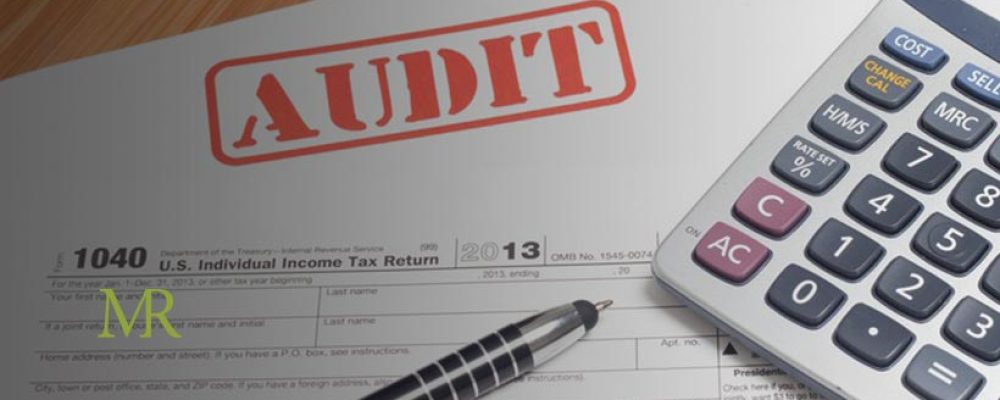Marijuana’s federally illegal status adds extra layers of complexity and risk that cannabis business owners need to be aware of to ensure they comply with federal tax requirements.
The most obvious challenge canna-businesses face as a result of federal prohibition is the reluctance of major banks and financial institutions to offer their services for fear of federal reprisals. This means many marijuana businesses have to operate on a cash-only basis, or come up with inventive workarounds to accept digital payments.
Another issue is the existence of Internal Revenue Code (IRC) 280E, which prevents marijuana businesses from deducting normal operating expenses, like rent and payroll, from taxable income. This seriously eats into a canna-business’s bottom line.
Related to this is another threat to marijuana businesses: an IRS audit.
Marijuana Referral was fortunate enough to speak on this subject with Whitney Craig, tax manager at Polston Tax Resolution and Accounting, where she often represents marijuana businesses in IRS audits.
Are cannabis companies audited more frequently than traditional businesses?
“The ugly truth is cannabis companies absolutely have a higher IRS audit rate when compared to the rate of traditional businesses,” Whitney Craig told Marijuana Referral.
“The goal of the IRS is to earn revenue and they are always reviewing for industries that tend to have a high non-compliance rate,” she continued. “Knowing the restrictions put on the cannabis industry with 280E and the fact that there are so many companies out there not properly complying, it is an obvious opportunity for the IRS in finding a significant assessment of tax due.”
What can trigger an IRS audit?
It’s clearly not a sound strategy, as a canna-business owner, to stick your head in the sand and hope the IRS will overlook your company. There are steps you can take to decrease the likelihood of being audited.
For canna-businesses, there are two major red flags to be aware of that can trigger an audit.
The first is reporting below-the-line-deductions that are not included in the Costs of Goods Sold (COGS). IRC 280E ensures that only COGS can be deducted from your gross income, so if you report any other deductions on your tax return there’s a chance that could spur further investigation.
The second is reporting accelerated depreciation. Many marijuana businesses want to offset losses caused by IRC 280E by using bonus depreciation and Section 179 deductions, among other accelerated depreciation methods, but increasingly the IRS is taking note and claiming these are not allowable for canna-businesses.
Both of these deduction methods can involve serious sums of money, so naturally the IRS is motivated to scrutinize their legitimacy through audits in order to generate greater tax revenues.
How can marijuana tax professionals help audited canna-businesses?
Given that the marijuana industry is still nascent and operating in a legal gray zone, specialized expertise in cannabis-related finances is crucial. For Whitney Craig, the question is really whether marijuana businesses can afford not to recruit the services of a tax professional with experience in the cannabis industry.
“If a company does not have a professional with the expertise who knows the industry, knows how to keep a business compliant, and knows how to fight for the company when they do get selected for an audit they could be putting themselves in a risky financial situation,” she said.
Such expertise can advise a cannabis business on how to structure itself in order to be best protected in an audit and provide clarity on exactly what records must be kept, of which there are significantly more for marijuana businesses than for those in traditional industries. This guidance could ultimately ensure savings of hundreds of thousands of dollars in tax liabilities, and this could be the difference between your company sinking or thriving.
“It would be impossible to operate a cannabis company and know the true financial status in regards to profitability unless you have this industry specific guidance,” Craig said.
Are there ways for marijuana businesses to prevent an audit?
Once the IRS sets its mind to it, there’s no stopping an audit. The best method of protection is to anticipate an audit recruit a financial advisor with cannabis tax expertise who can tell you what is and isn’t allowed. This, at least, reduces the likelihood of the IRS prioritizing your canna-business for an audit.


